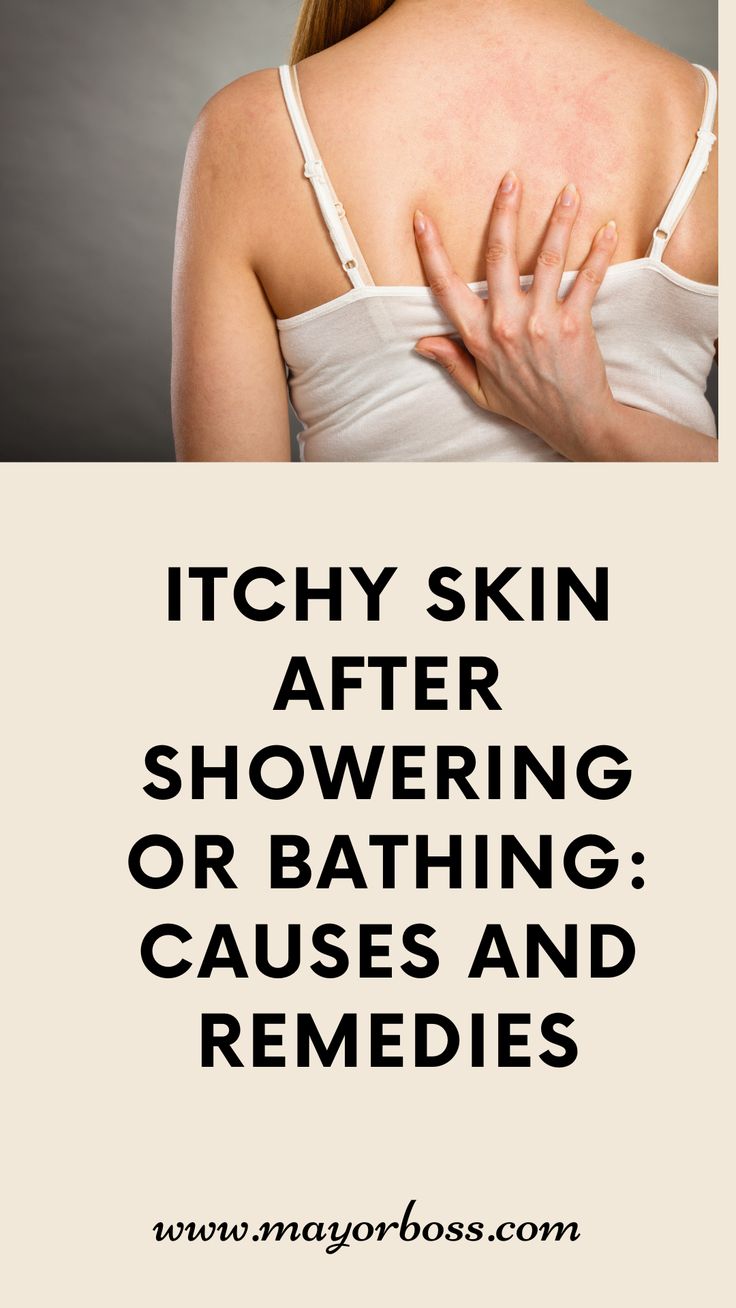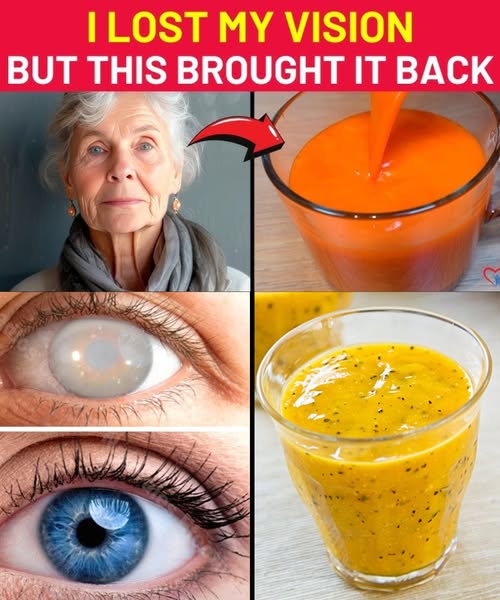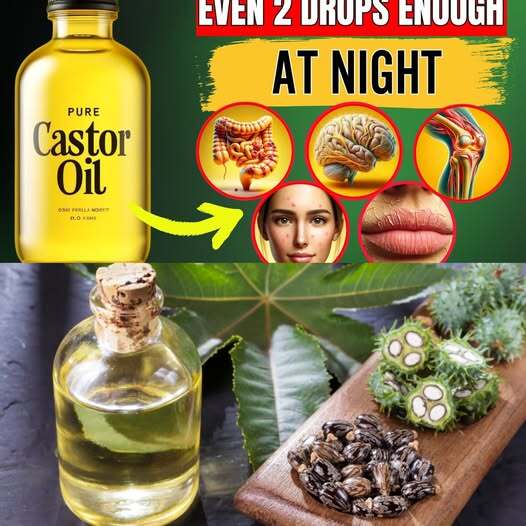Introduction: Why Does Your Skin Itch After a Bath?

Imagine stepping out of a relaxing, warm bath only to find yourself scratching uncontrollably. For millions of people worldwide, post-bath itching is not just an inconvenience—it’s an ongoing battle that affects their comfort, mood, and confidence.
If you’ve ever asked:
- Why does my body itch after a bath?
- How do I stop itching after bathing?
- Is post-shower itching dangerous?
You’re not alone. Dermatologists call this phenomenon aquagenic pruritus in severe cases, but even mild cases can be deeply frustrating. This article reveals powerful, science-backed solutions to stop the itch and reclaim soothing bath time—once and for all.
Let’s dive in and solve this problem together. Get ready for relief.
Body: Causes and Solutions for Post-Bath Itching
Section 1: What Causes Body Itching After a Bath?
Understanding the cause is essential before choosing the best solution. Here are the top culprits:
1️⃣ Hot Water Damage
Hot showers strip your skin’s natural oils. Without these oils, your skin becomes dry and vulnerable. According to the American Academy of Dermatology, over 50% of people who bathe in hot water report increased dryness and itching.
Key symptoms:
- Tightness
- Flaking
- Burning itch
✅ Solution: Lower your shower temperature to lukewarm (around 37°C or 98.6°F). Use shorter showers (5–10 minutes).
2️⃣ Harsh Soaps and Body Washes
Many cleansers contain sodium lauryl sulfate (SLS), artificial fragrances, or alcohol—known irritants.
Key symptoms:
- Immediate itching
- Red patches
- Stinging sensation
✅ Solution: Switch to fragrance-free, pH-balanced cleansers labeled “for sensitive skin.”
3️⃣ Hard Water Minerals
Hard water has high calcium and magnesium levels. These minerals react with soap, leaving residue that irritates skin.
Key symptoms:
- Itchy film on skin
- Rough, bumpy texture
- Persistent dryness despite moisturizing
✅ Solution: Install a shower filter or water softener.
4️⃣ Underlying Skin Conditions
Conditions like eczema, psoriasis, or xerosis (extreme dryness) often flare after bathing.
Key symptoms:
- Persistent itching
- Visible patches, scales
- Cracking or bleeding
✅ Solution: Consult a dermatologist. Consider prescription creams or lifestyle adjustments.
5️⃣ Allergic Reactions
Fragrances, dyes in soaps, and even laundry detergents can trigger allergies.
Key symptoms:
- Hives
- Swelling
- Redness
✅ Solution: Use hypoallergenic products. Patch-test new products before full use.
6️⃣ Aquagenic Pruritus
A rare but real condition where contact with water alone triggers severe itching without visible rash.
Key symptoms:
- Severe, generalized itching after any water exposure
- No rash
✅ Solution: Seek medical evaluation. Some find relief with antihistamines or UV light therapy under supervision.
Section 2: How to Stop Body Itching After Bath: 10 Proven Solutions
If you want immediate, reliable relief, adopt these dermatologist-approved strategies:
✅ 1. Take Shorter, Cooler Showers
- Aim for 5–10 minutes
- Use lukewarm water
- Avoid prolonged soaking
Why? Prevents stripping natural oils.
✅ 2. Switch to Gentle Cleansers
- Fragrance-free
- pH-balanced
- SLS-free
Example: Cetaphil, Vanicream, Eucerin.
✅ 3. Moisturize Immediately (Within 3 Minutes)
- Trap water in the skin
- Use creams with ceramides, glycerin, hyaluronic acid
- Avoid lotions with alcohol or fragrance
Pro Tip: Apply while skin is still damp for maximum absorption.
✅ 4. Pat Dry, Don’t Rub
Rubbing with towels damages the skin barrier. Pat gently to avoid microtears that increase itching.
✅ 5. Use Colloidal Oatmeal Products
Oatmeal soothes irritation and inflammation. Look for creams, bath soaks, or body washes with colloidal oatmeal.
✅ 6. Install a Water Softener or Filter
Reduces calcium/magnesium content in hard water. Your skin will feel smoother, less reactive.
✅ 7. Avoid Over-Exfoliating
Scrubbing too hard or too often damages the protective layer of your skin.
✅ Exfoliate gently once a week, not daily.
✅ 8. Wear Breathable Cotton Clothing
After bathing, synthetic fabrics may worsen irritation. Opt for loose, natural fibers to let your skin breathe.
✅ 9. Stay Hydrated
Healthy skin starts from within.
- Drink at least 8 glasses (2 liters) of water daily
- Eat omega-rich foods (salmon, walnuts)
✅ 10. Address Medical Conditions
For severe or persistent itching, see a dermatologist.
- Prescription creams
- Antihistamines
- UV therapy for aquagenic pruritus
Section 3: Frequently Asked Questions (FAQs)
❓ Why Does My Skin Itch So Bad After a Shower?
Most likely, hot water and harsh soaps are stripping oils from your skin. Hard water and underlying conditions also play a role.
❓ Is Itching After Bathing Normal?
Mild, occasional itching is common. Persistent or severe itching may indicate dry skin, eczema, or aquagenic pruritus. Consult a dermatologist if it doesn’t improve.
❓ How Can I Stop Itching Fast?
- Rinse with cool water
- Pat dry
- Moisturize immediately
- Use antihistamine cream if needed
❓ Can Bath Products Cause Itching?
Yes. Fragrances, dyes, and harsh surfactants are common culprits.
❓ Is Aquagenic Pruritus Dangerous?
It’s not life-threatening but can severely reduce quality of life. Medical treatment can help manage it.
❓ Should I See a Doctor for Post-Bath Itching?
Yes, if:
- It’s severe or persistent
- Over-the-counter solutions don’t help
- You see rashes, cracking, bleeding
Section 4: Statistics to Know
- Up to 50% of adults report dry, itchy skin in winter months (AAD).
- Hard water affects 85% of homes in the US.
- 1 in 10 people have eczema that flares after bathing.
These numbers show you’re not alone—and that effective solutions exist.
Section 5: Expert Recommendations for Sensitive Skin
Dermatologists worldwide suggest a simple mantra:
“Cleanse gently, hydrate immediately, and protect the barrier.”
Key steps:
✅ Lukewarm showers
✅ Gentle cleansers
✅ Moisturize in under 3 minutes
✅ Avoid triggers (hot water, harsh fabrics)
For extremely sensitive skin, choose products with:
- Ceramides
- Hyaluronic acid
- Colloidal oatmeal
- Fragrance-free formulas
Conclusion: Your Action Plan to Beat the Post-Bath Itch
Bath time should be a soothing ritual, not a trigger for endless scratching. By understanding the causes—from hot water to harsh soaps and underlying conditions—you can take back control.
Here’s your quick-action plan:
1️⃣ Keep showers short and lukewarm.
2️⃣ Use gentle, fragrance-free cleansers.
3️⃣ Moisturize immediately with rich creams.
4️⃣ Avoid harsh towels and tight clothing.
5️⃣ Consult a dermatologist if itching persists.
Don’t let itchy skin steal your comfort. Make these changes today for relief that lasts.
Your skin deserves gentle care and lasting comfort. With the right approach, you can stop that itch for good and turn every bath into a true act of self-care.


